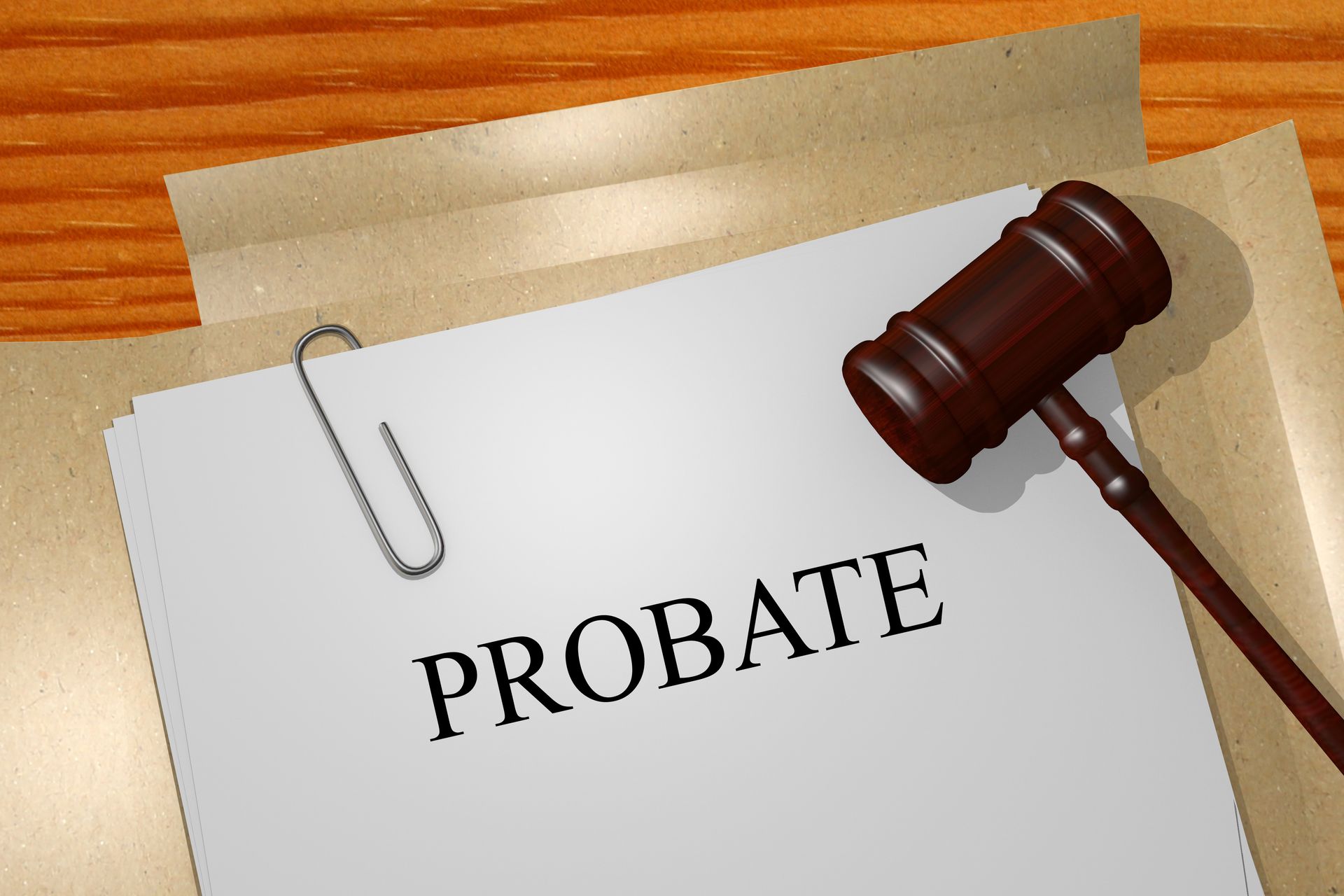Contact Us
Phone: 949-979-7167
Location
15375 Barranca Parkway,
Suite A-208,
Irvine, CA, 92618
Hours
- Mon - Sun
- Open 24 Hours
What to do If I am being accused of a felony?
Being accused of any crime is terrifying and confusing — stakes are even higher when it's a felony accusation. The situation gets more complicated if you're arrested. Most people accused of a felony find themselves in unfamiliar territory. Knowing what to do from the beginning can be the difference between losing years in prison or setting yourself up for the best possible outcome.
Stay Calm and Be Polite
Easier said than done, we know — especially if you believe you are innocent. Staying calm helps you on several fronts. First, an even temperament reduces the chances of extra charges like resisting arrest or assaulting a police officer.
Next, it helps your case toward innocence. Let’s face it — a combative person looks guilty. If you have anger enough to be confrontational with police, it may seem you have the temper to commit the crime you’re accused of. Avoid any threatening, insulting, or aggressive behavior.
Lastly, remaining calm allows you to hear and understand what’s happening. A clear head is better equipped to gather important information. Pay attention to who the arresting or interrogating officers are, what the accusation is, and whether you were read your Miranda rights. This data will help you and your attorney sort out the facts of what you’re facing.
Understand and Implement Your Right to Remain Silent
Loose lips sink ships — the less you say, the better. Though most people know they shouldn’t talk without an attorney present, many do anyway. Innocent people believe they can “clear things up,” while the guilty sometimes believe they can talk their way out of the situation. Neither is true once you’re in an interrogation room.
You will be asked questions. But no matter the tactic, you legally can, and absolutely should, remain quiet. Silence does not equal guilt. Whatever you say can and will be used against you later, even if you were confused or speaking off the cuff. No remark is a “throwaway.” The police will document everything you say, and your words can be misinterpreted.
Contact a Lawyer Immediately
You have a right to have a lawyer present before you say or do anything, whether you’ve been arrested or not. Law enforcement is there to solve a crime. A criminal defense attorney needs to be there to protect your rights. Never assume anything is off the record (even if you’re told it is) without a lawyer present.
It’s illegal to lie to law enforcement, but even the truth can land you in hot water if misconstrued. Ask to call a criminal defense attorney immediately and before answering any questions. If you don’t have the number of an attorney, call a trusted friend or family member to reach out on your behalf. Say nothing more than you’ve been arrested for a felony charge and need a criminal defense attorney. Anything else you say can be ammunition against you later.
Before you speak to a lawyer, do not:
- Sign any document
- Post bail
- Give police names of other people to contact
- Provide explanations or excuses
- Agree to any “deal”
- Point the finger at someone else
- Speak to friends or family while in custody
- Talk to other detainees about an arrest or charges
- Delete any messages, voicemails, posts, or calls
Your lawyer will guide you through the next steps, what you can and can’t do, and what you should or shouldn’t say.
Be Truthful with Your Attorney
Your lawyer is the one person who can get you out of trouble or minimize the damage. Be transparent. Often, people hold back information for fear of it being used against them. Anything you disclose to your lawyer is protected by attorney/client privilege and remains confidential.
Whatever concerns you have, express them to your counsel. They will be able to assuage your fears and clear up any confusion you have about your legal relationship.
The more honest you are, the better your lawyer can represent throughout the felony criminal process. Be as accurate as possible. Don’t omit something because you think it might “look bad.”
Write It Down
Your attorney may ask you to write everything down that you remember leading up to your arrest. Do this as soon as possible, while facts are still fresh in your mind. Use your phone and calendar as triggers to remember specifics. No detail is too small if you think it’s related.
Include names and numbers of people who may have witnessed the crime or who can vouch for your whereabouts, but don’t reach out to them yourself. Your lawyer knows what to ask and how to ask it. Take your attorney’s advice relating to where to keep this written document.
Don’t Involve Friends and Family Members
With few to no exceptions, your conversations with friends and family are not protected like communication with your attorney is. They may be called in for questioning, and what you've disclosed to them is fair game. Remember, it’s illegal for them to lie to an officer of the court or law enforcement.
The people who love you will ask a million questions because they want to understand what’s happening. To keep them and yourself safe, say you can’t discuss anything about the arrest until it’s resolved. The more information you give them, the more likely you are to compromise your defense and damage important relationships.
Attend Every Required Court Date, Meeting, and Proceeding
Your attorney will work with you to create a calendar of events for which you need to be present. The law puts the burden on you to know where you’re supposed to be and when. One missed appointment or hearing could be devastating to your freedom and case.
Follow your agreed-upon strategy and allow your attorney to guide you through every step of the process. Failing to appear could result in loss of a bond and an issued arrest warrant with your name on it.
Trust in the Process
Felony charges are serious and can have lifelong consequences if not handled correctly. Once you have an experienced lawyer, it’s important to have reasonable expectations. The wheels of justice can turn slowly, but they will turn. Focus on your friends, family, and the positive things in your life — do not give up hope.




Free Initial Consultation
Contact Us Today
Homepage FCE Form
We will get back to you as soon as possible.
Please try again later.
Homepage FCE Form
We will get back to you as soon as possible.
Please try again later.
By submitting this form, you agree to be contacted by our law firm, either by phone, text or by email.
Practice Areas
Hours
- Mon - Sun
- Open 24 Hours
All info submitted will be kept confidential and private. We will contact you via e-mail or phone for an initial free consultation with one of our attorneys. An attorney-client relationship is not established by submitting this initial contact information to our office, but can only be formed upon execution of an attorney-client agreement by the parties.
© Copyright 2022 | All Rights Reserved | Grant Law, A Professional Law Corporation | Powered By Convert It Marketing | Privacy Policy






